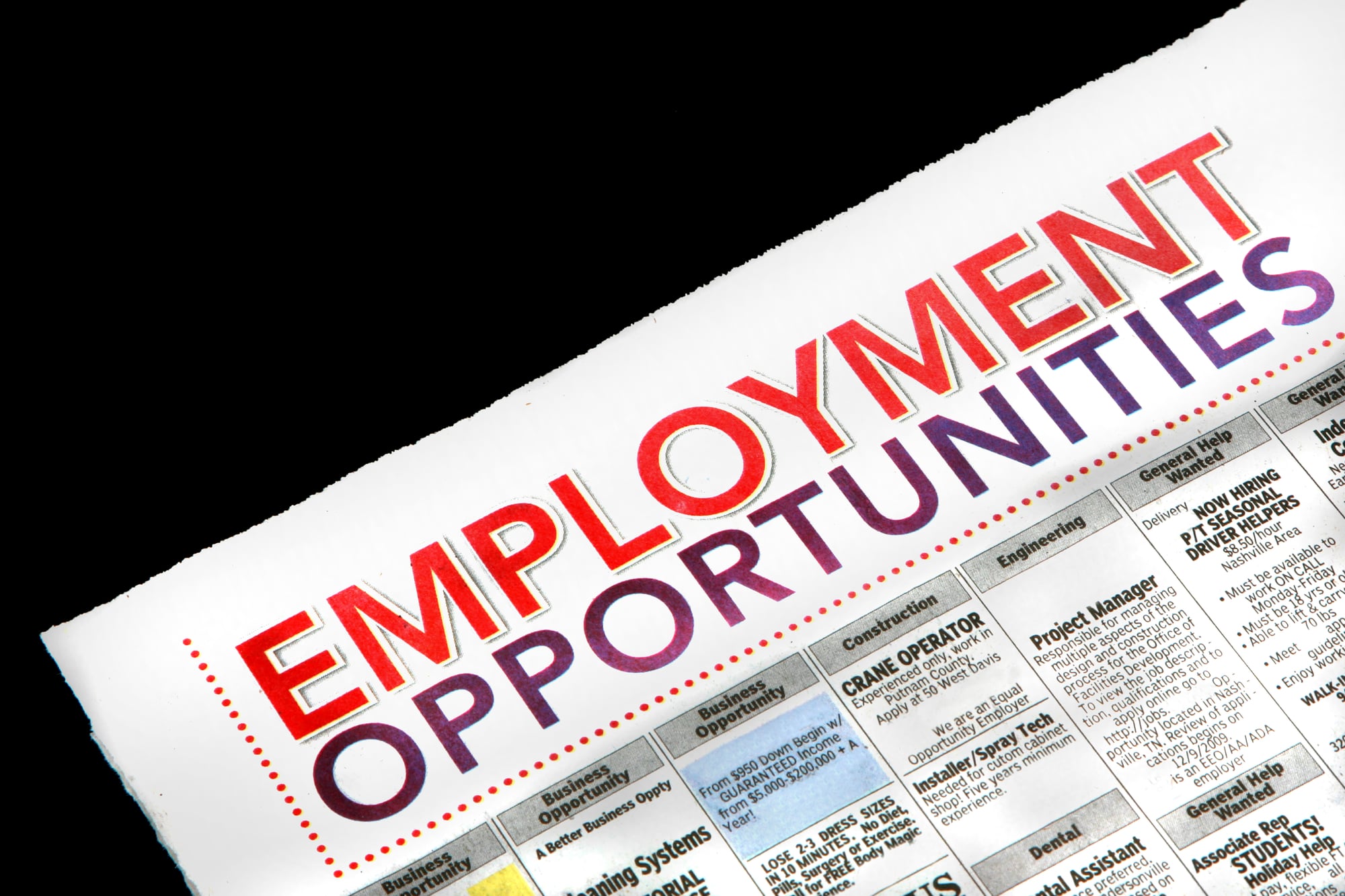Last Updated on June 15, 2023 by Dave Schoenbeck
Knowing when to change jobs is one of the most challenging decisions facing any executive. Often we feel such loyalty to our place of work that the thought of quitting makes us feel guilty. However, sometimes, leaving is entirely justified and can help your career.
When to Leave a Job You Love
Learning how to know when to change jobs takes time and experience. It can be challenging to distinguish run-of-the-mill stress from long-term dissatisfaction. Here are a few telltale signs that it’s time to look for a new position:
- You no longer trust your employer. When an executive starts mistrusting their employer’s motives, ethics, values, or cultural aspects, it’s time to update the resume and consider an exit plan.
- You don’t have faith in the business. No one should have to stay on a sinking ship. If you no longer believe in the business model and don’t think the company has a future, it’s time to move on.
- Your job has become stagnant. Staying too long in the same position without taking on new responsibilities is a red flag on a resume. If you’ve learned everything in your current situation, it’s time to seek something new.
- You don’t feel like a valued asset. Every employee, even managers, must feel like their work has meaning. If you don’t feel valued and can’t see how your work fits the bigger picture, you must examine whether it’s time to leave.
- Your mental health is suffering. Many people don’t wonder how to know when to change jobs: they dream about quitting their current job day in and day out. If you feel overwhelmingly negative about your job, it’s often no longer worthwhile to stay. Your mental and physical health should come first.
Knowing When to Quit Your Job
There are many times when the need to leave is clear. However, I urge you to exhaust your options before quitting, especially if you don’t have another job lined up immediately. If you’re unsure when to change careers and the above circumstances don’t apply, there might still be hope for you at your current job.
When thinking about quitting, it’s essential to re-examine your perceptions of the situation. Seek the advice of your mentors, trusted colleagues, a business coach, or a professional HR person. Our emotions can often keep us from seeing our circumstances clearly, and it can help us have an unbiased observer to help advise us.
If you genuinely are dissatisfied but want to stay with your company, talk honestly with your manager. While certain things are beyond their control, most leaders are willing to be flexible to retain their high performers. Come prepared with a list of changes that could reasonably be made to keep you on.
Finally, be prepared to walk away. The situation may be unsalvageable, but that’s a necessary part of life. Your career path won’t always look as anticipated, but if you trust your gut, it will often work out for the best.
While you might have an excellent reason for a job change, every job has challenges that must be overcome. If you’re wondering how to know when to change jobs, fill out my contact form for a video coaching session on the biggest challenge in your career.
Coach Dave
- Helpful Productivity Ideas from the Book The 12 Week Year - July 24, 2025
- How to Create Psychological Safety in Your Business - July 17, 2025
- Management 101: Why You Must Use Management by Walking About - July 10, 2025



